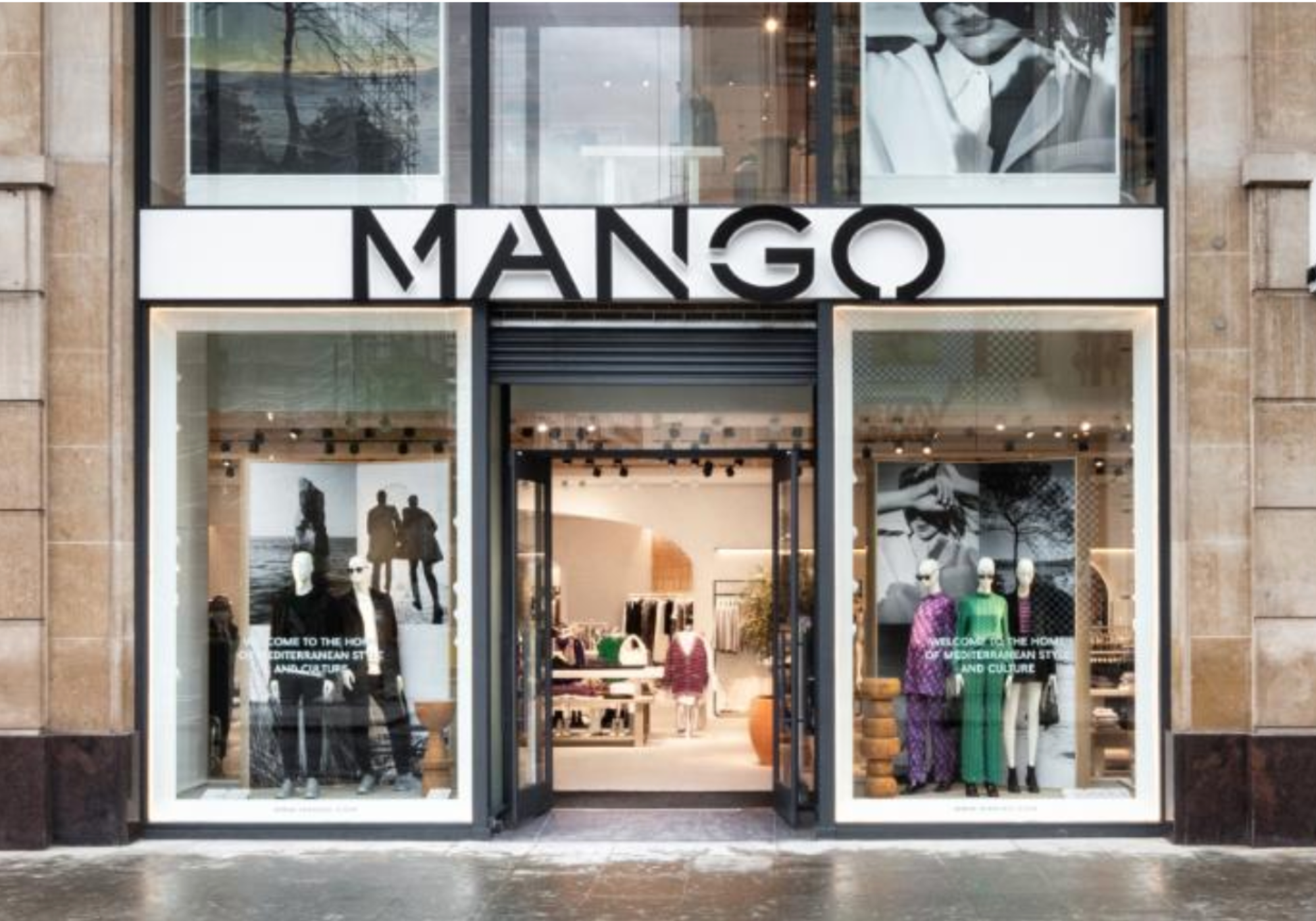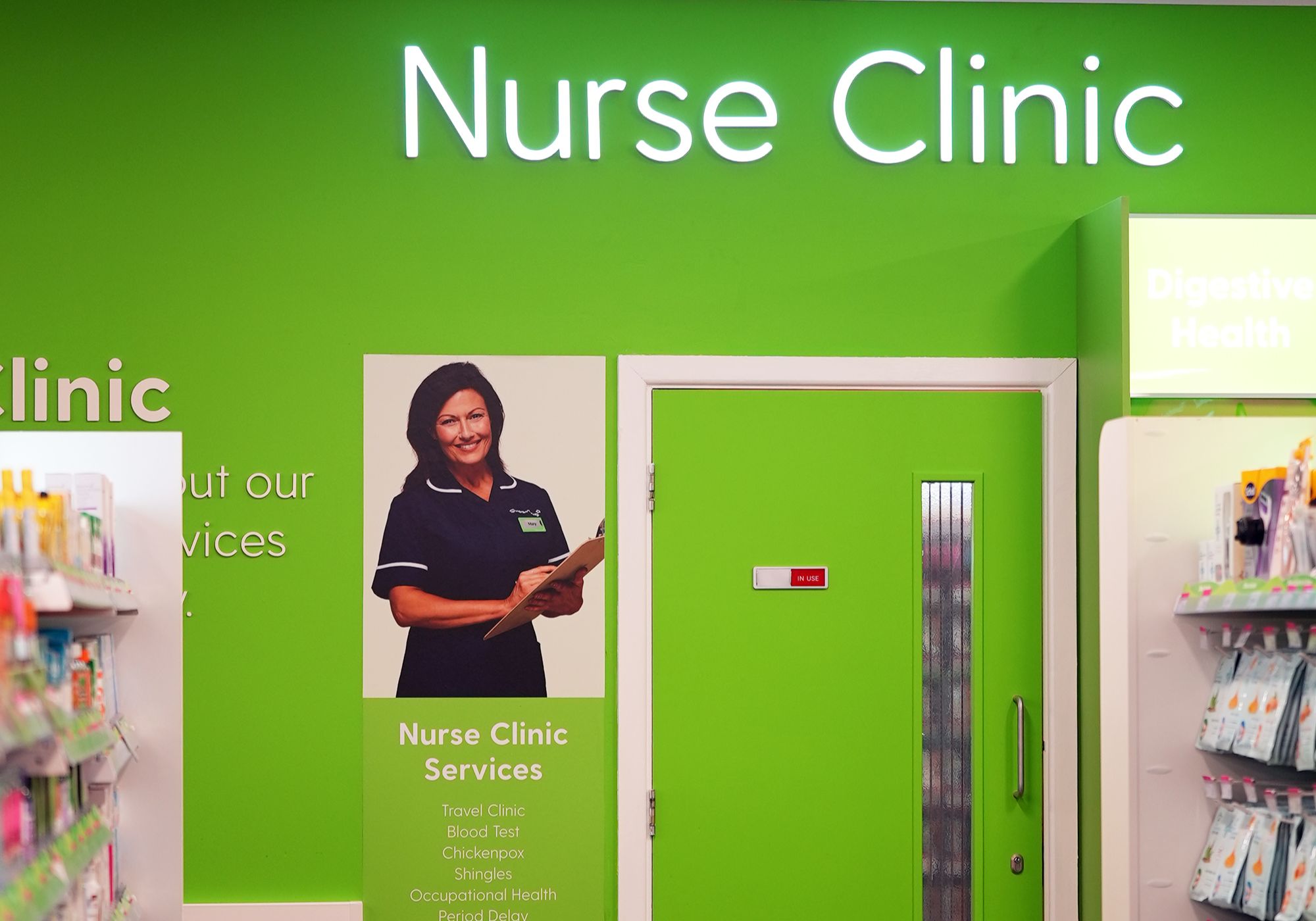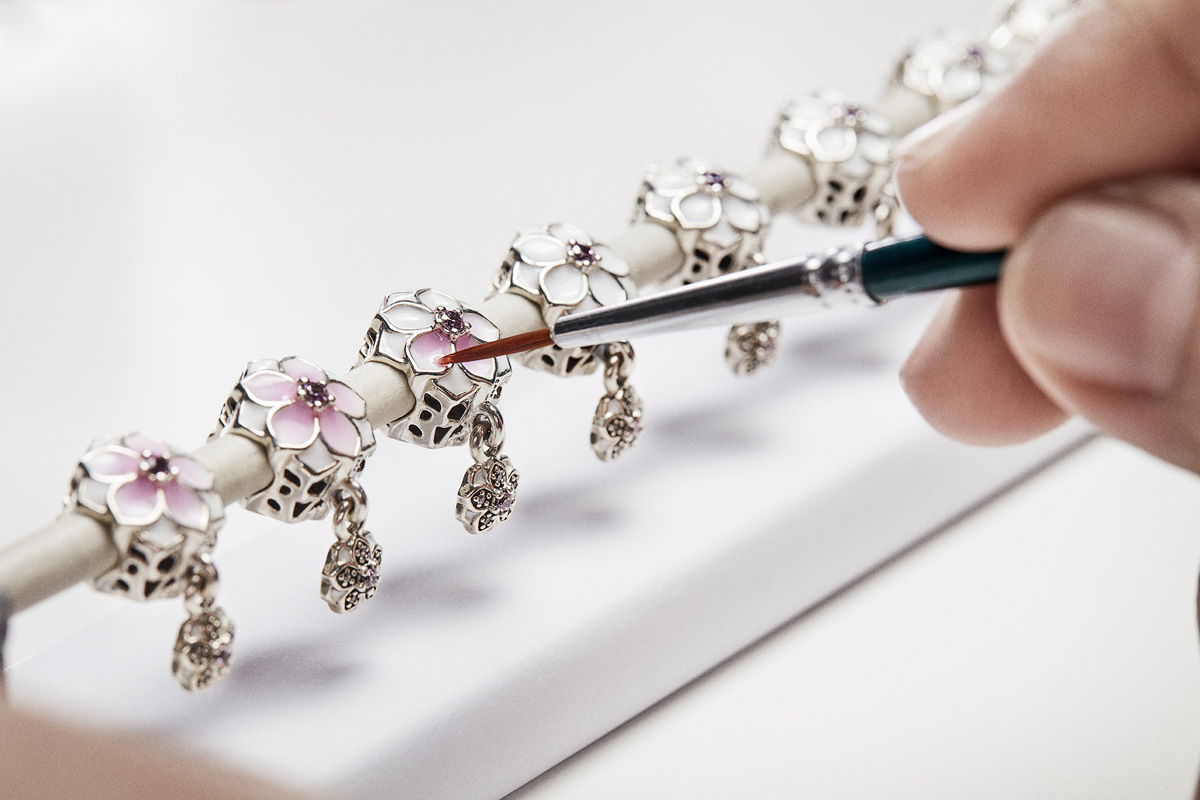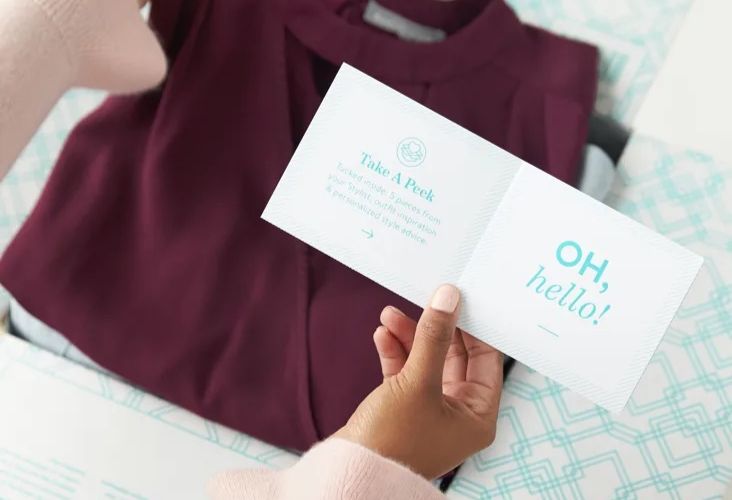Adoption of mobile payments among consumers in the UK faces a number of challenges, especially overcoming the reticence of older age groups and women, according to Finaccord’s Payment Metrics consumer research study
Both in the UK and around the world considerable resources are currently being committed by a variety of different types of organisation to developing the concept of mobile payments (i.e. using mobile phones as a means of payment). Interested participants in this respect include banks, mobile telecoms operators, payment companies and technology firms.
Among a swathe of international strategic alliances and other initiatives focused on this area in recent months are those of MasterCard with Telefónica and Visa with Vodafone. Moreover, in the UK, Barclaycard and Orange have been active in pioneering a market for contactless mobile payments.
However, Finaccord’s Payment Metrics consumer research study indicates that persuading significant numbers of consumers in the UK to use their mobile phones to make payments will be a gradual process that could take years. Indeed, many consumers seem to be unconvinced of the benefits of making payments in this way and large differences in attitude are visible not only by age group but also by gender. Specifically, and as might be expected, older consumers are less receptive to the concept than their younger counterparts; furthermore, and less likely to have been anticipated, women display much less enthusiasm towards the idea of mobile payments than men.
In Finaccord’s survey, the concept of mobile payments was defined as ‘physically swiping a phone at a checkout or using a service (other than a regular app or website) to transfer money or credit to another person’s bank, cash remittance or mobile telephone account’.
Across all owners of mobile phones, just 10.7% stated that they were very favourable towards the concept with a further 20.4% reporting that they were quite favourable, 23.8% that they were neither favourable nor unfavourable, 17.4% that they were not very favourable, 22.1% that they were not at all favourable, and with the balance of 5.7% not feeling able to express an opinion at all. Hence, at a combined 39.5%, those that were not very favourable or not at all favourable outweighed those that described themselves as quite favourable or very favourable, at 31.1%.
With regards to the differences by age group, those reporting that they are quite favourable or very favourable amount to 47.3% in the 16-24 age group and 47.9% in the 25-34 age group, but then fall back to 33.3% in the 35-44 age group, 21.2% in the 44-54 age group, 15.3% in the 55-64 age group and 11.5% among respondents aged 65 or over. As for the variance by gender, 40.2% of men described themselves as quite favourable or very favourable but only 23.3% of women. In addition, it is also interesting to note that 57.8% of users of Apple iPhones declared themselves to be quite favourable or very favourable against 25.9% of users of all other makes of mobile phone.
Commented Alan Leach, Director at Finaccord: “The market for mobile payments is sure to grow rapidly both in the UK and elsewhere in the world as consumers become more aware of the possibilities and as a mobile payments eco-system develops. However, for a variety of reasons, it may be many years before mobile payments overtake traditional means of payment such as cards and cash in a market such as the UK. As well as the need to establish a culture and infrastructure among merchants for accepting mobile payments, there will also be a huge challenge in persuading many consumers to use their mobile phones to make payments, which may take a generation or more to accomplish.”






